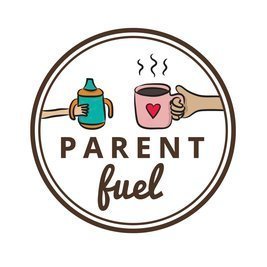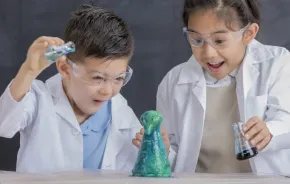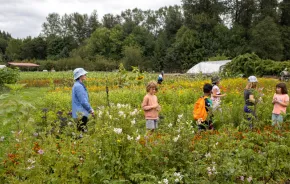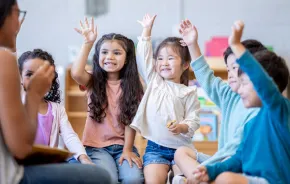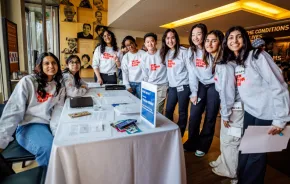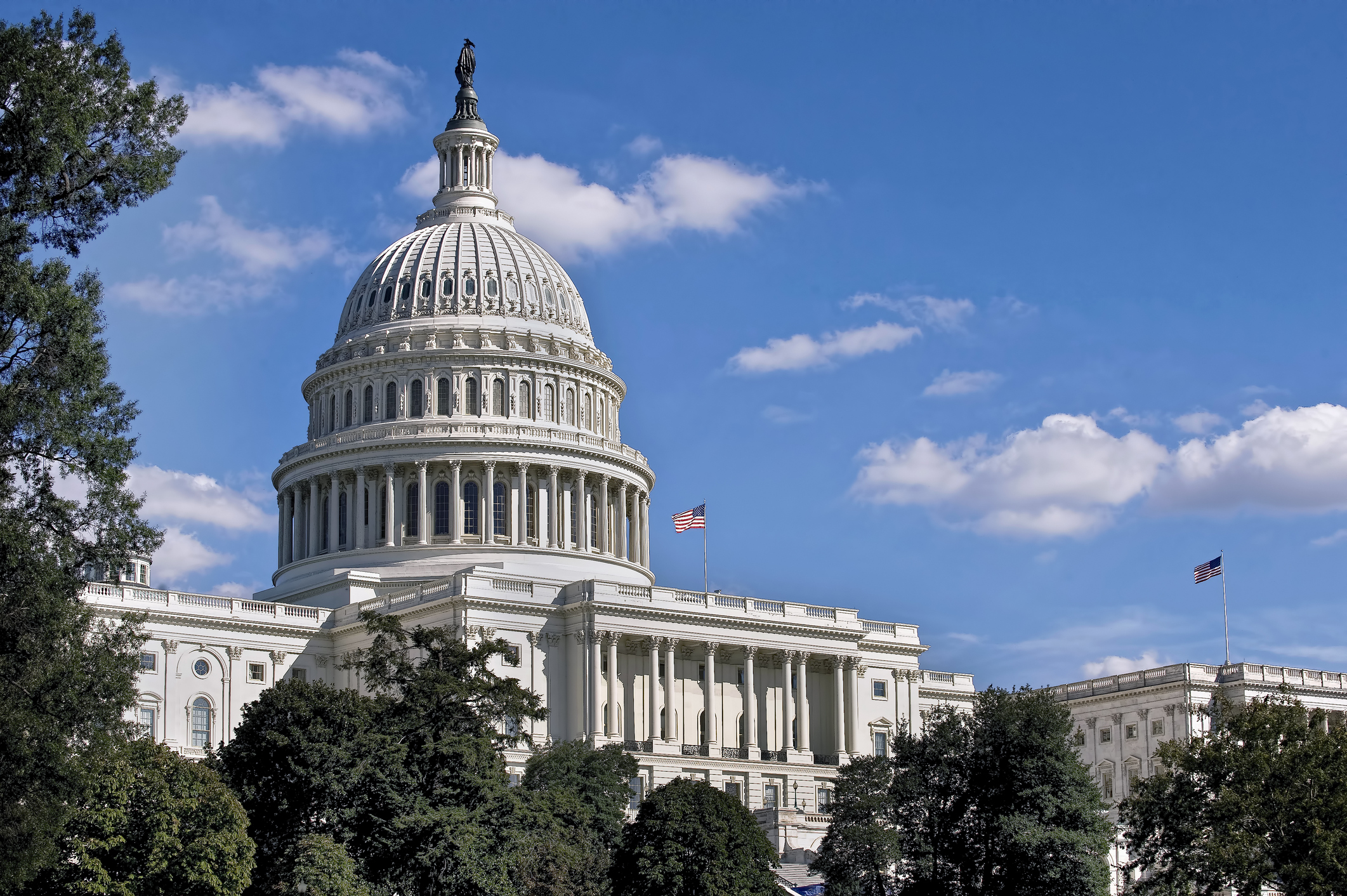
In early November, a group of Seattle-area girls and their parents met to discuss their disappointment at the results of the 2016 election.
They talked about the presidential campaign, including the infamous Access Hollywood tape of president-elect Donald Drumpf; their disappointment at not having a woman elected; and their fear from the president’s statements about Muslims, immigrants and Mexicans.
Enough, they said, is enough. Three of the girls in the group — Lilah, Lola and Emma — decided it was time to teach politicians how to stand up to what the girls see as bullying. That’s how D.C. Bully Busters was born.
With their parents’ help, the trio of 11-year-olds built a website to promote a letter-writing campaign to four United States legislators: House Minority Leader Nancy Pelosi, House Speaker Paul Ryan, Senate Majority Leader Mitch McConnell and Senate Minority Leader Charles Schumer. The girls want kids in the U.S. to write letters to those politicians that share personal stories about bullying and why the politicians should stand up to bullies, whatever their party or office.

“The main reason we started it is to raise awareness and translate what we want [politicians to know about bullying] in the letters,” says Lilah.
The group has grown to 11 members; they meet every Saturday and want to send a total of 10,000 letters. They’ve already caught the eye of the likes of pop star Lady Gaga. On January 11, Gaga’s Born This Way Foundation tweeted, “We are so impressed by the people behind DC Bully Busters! #DCBULLYBUSTERS! Check out their initiative + write a letter today!”
To further spread the word about their letter-writing campaign, D.C. Bully Busters encourages letter-writers to take a photo of their notes and post them to Twitter with the hashtag #DCBullyBusters. Kids are also posting notes and news on the group’s Facebook.
“We want to say [to kids], ‘Here’s what you can do, too! You can write a letter!” Emma says of D.C. Bully Busters’ work. “Just because you’re a kid doesn’t mean you can stay silent.”
In this spirit, the group has created a 12-page toolkit meant for organizations to use and educate kids about politics and anti-bullying techniques. They also hope to visit Washington, D.C., thanks to the help of Washington State representative Pramila Jayapal, whom the group reached out to last month.
“Rep. Jayapal has agreed to help us and host an event in D.C.,” says Lilah. “We want to lead a class on how to stand up to bullies.” During the trip, which is tentatively set for March, the girls plan to visit elected officials to discuss bullying and request each politician takes a pledge against bullying in politics.
To date, the girls think at least 100 letters have been mailed to politicians. They’ve leading two letter-writing parties planned at Seattle public and private middle schools and have heard of parties planned at people’s homes. The girls have also been invited to a school in Mukilteo to discuss the Great Kindness Challenge, a bully-prevention initiative where students do as many kind acts as possible and which D.C. Bully Busters plans to be a part of.
To further learn about D.C. Bully Busters’ work, I sat down with its three founding members, Emma, Lilah and Lola, and newer member Claire.
Was D.C. Bully Busters a direct reaction to the presidential election?
Lilah: [This letter-writing campaign is] in response to the election and all the hate that the [president-elect] showed toward everyone except rich old white men, which seems to be the only group that wasn’t criticized.
Claire: Politics is discussed at every meal when there is an election happening. My parents debrief everything that happens. Every time there was a debate; the TV was always on. Often we’d say, 'Well, that’s just rude!' [D.C. Bully Busters] was definitely a response to the election.
[D.C. Bully Busters] is an important campaign anytime because this is a bullying issue, and it’s a non-partisan effort.
Emma: It’s true that where this is coming from. Like Claire, I’ve been following this campaign from the beginning. We heard bullying from Donald Drumpf. But [D.C. Bully Busters] is an important campaign anytime because this is a bullying issue, and it’s a non-partisan effort.
Claire: Each one of us has encountered bullies and experienced bullying. At least for me, I’ve realized for the first time how much bullying there is in politics.
Lilah: It feels more like they are trying to disqualify their opponent than qualify themselves!
You all seem to know so much about how to stop bullying. Tell me what you’ve learned at school about this subject.
Emma: We’ve learned the 3 Rs: recognize, refuse & report [bullying]. That’s what we want people to write about [in their letters to politicians]. [Editor’s note: The 3Rs of Bullying come from the Committee for Children’s Bully Prevention Unit from Second Step, an evidence-based curriculum that teaches social and emotional learning.]
Lola: In school, they teach us lots of different ways to stand up to bullies. But sometimes it’s still not enough to stand up to a bully, or maybe if someone is afraid the tips won’t help.
Lilah: We’ve been educated about bullying but a lot of politicians haven’t had this education. They don’t have as many strategies to recognize and stand up to bullying. That’s why we are writing these letters.
I have to admit that as an adult, I sometimes don’t watch or listen to the news because watching someone be a bully is painful. Do you think we need to watch and listen to the news even in these situations?
Emma: If we don’t stand up to bullies, they gain more power over us. We want to be able to speak truth to power. [Adults] are powerful and we are only kids. By just turning off the TV, we are quietly accepting that [Drumpf] is criticizing so many people. And if politicians are bullied out of their views, they can’t represent us.
Lilah: What keeps me from shutting off the TV is [this bullying] has to be recognized. If we turned it off, we would have missed Drumpf calling [Democratic presidential nominee] Hillary [Clinton] a nasty woman. [By ignoring it] not only are you silently accepting it, you are silently agreeing with it. You have to understand what’s going on in politics to fight it.
So, how do politicians stand up to a bully?
Lilah: You can talk to your fellow coworkers to see if they agree [if your boss is a bully]. You can get more people on your side. If you approach Drumpf and say 'You’re mean' and 'You’re a bully,' obviously you are going to get fired. But the more people that understand what is going on the more people will want to help.
Emma: Yes, make friends don’t make enemies to take out bullying on a larger scale. We want to try to make bullying a non-partisan issue.
Lilah: Bullies only have power if you give them power.
Claire: Bullies only have one thing going for them and that is your fear.
How can we make bullies less powerful even if we are afraid?
Emma: It’s not OK to be rude on any level. Bullying is about intention to harm. Is this person trying to harm me? If they’re not trying to harm me, maybe this is offensive to me, and you can say that.
Lilah: You can’t fight fire with fire. The more you are making friends, the more you are taking the bully down.
Emma: [It’s about] making the bully not a bully; instead, see [him or her] as a person we can see eye to eye with. The bully probably has hardships [he or she] is undergoing. If we’re mean, we’re farther and farther away from knowing them as a person. If you can’t find anything kind about this person, you need to take a hard line and say we won’t face these consequences.
If you’re not being part of the solution, you are being part of the problem. You would not believe how scared I was to start this campaign!
If you’re not actively trying to make life better for other people and other beings you’re not only being self-centered, you’re putting yourself before the world. Like if I’m shy and I don’t want to talk to strangers, I’m putting my shyness before [my ability to change the world]. I’m shy, but one of the things that really helped me was deciding I’m going to be the girl who starts campaigns and is part of the solution and not just a part of the problem. Having fun is important, but we also need to take time to volunteer to make the world a better place.




